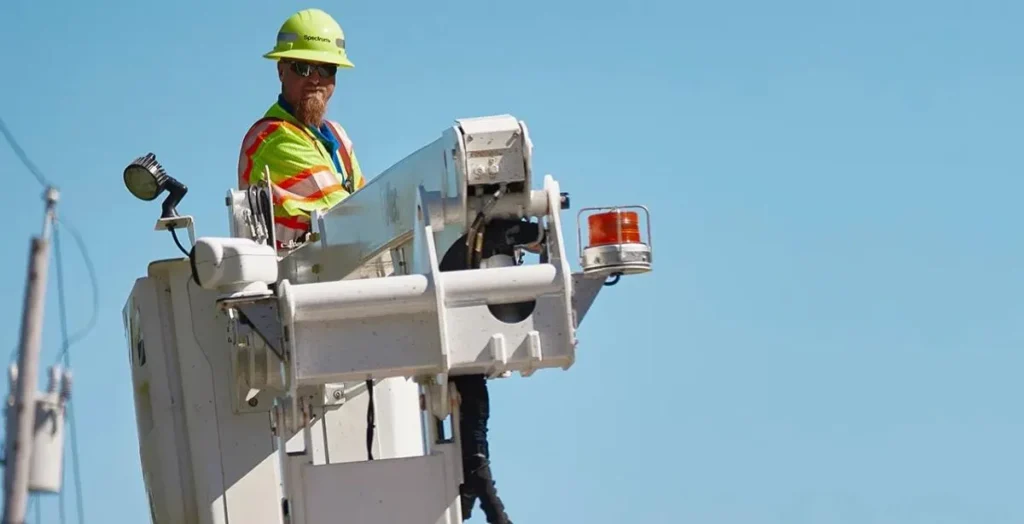WASHINGTON, D.C. – The U.S. cable industry supports more than 2.9 million U.S. jobs representing a total economic impact of more than $421 billion in 2016, according to a new study by Bortz Media and Sports Group, Inc. released today by NCTA – The Internet & Television Association. An executive summary of the report, an interactive map showing the economic impact by state, and complete study results are available at www.ncta.com/impact.
“Whether it’s building the powerful broadband networks that are transforming our lives or creating the award-winning TV that is entertaining us, this industry continues to be one of the most significant contributors to our nation’s economy,” said Michael Powell, President & CEO of NCTA – The Internet & Television Association. “We are not only an American industry with employees in every corner of the country but we employ people of all different skill levels and backgrounds, providing important jobs for hard working citizens everywhere.”
The report shows how the industry has made significant contributions to the economic health and vitality of the United States, and transformed how consumers access information, entertainment and connectivity. Some key findings from the study include:
- Employment. There are at least 300 cable industry employees in each U.S. congressional district – and more than 2,000 employees in some districts.
- Job growth. In the last decade, employment attributable to the industry has increased by more than one million jobs.
- Income. Personal income earnings attributable to the industry totaled $152 billion.
- Infrastructure investment. The cable industry has led the development of the country’s broadband infrastructure, investing more than $250 billion in the last two decades. Internet service is available to over 100 million U.S. homes with average peak connection speeds exceeding 50 Mbps in all 50 states.
- Programming investment. Annual spending on programming by basic cable television networks was $38.2 billion in 2016, a more than fourfold increase in the last 14 years. The top 10 networks spent an average of over $1.5 billion per network during 2016.
- Boosting the economy. The industry’s economic impacts are spread throughout all major sectors of the U.S. economy. Cable operators have been recognized as “Investment Heroes” for their strong commitment to domestic capital investment even as the economy has faced challenges over the past decade.
- Local economies. In 2016, franchise fees paid to local municipalities totaled over $3.5 billion. In addition, subscriber taxes and fees added $4.2 billion in revenues to state and local government coffers.
- Social responsibility. The industry’s total cash and in-kind donations were more than $1 billion in 2016.
Results from the complete study, including economic and job data by state and congressional district, is available with an interactive map on NCTA’s website.







